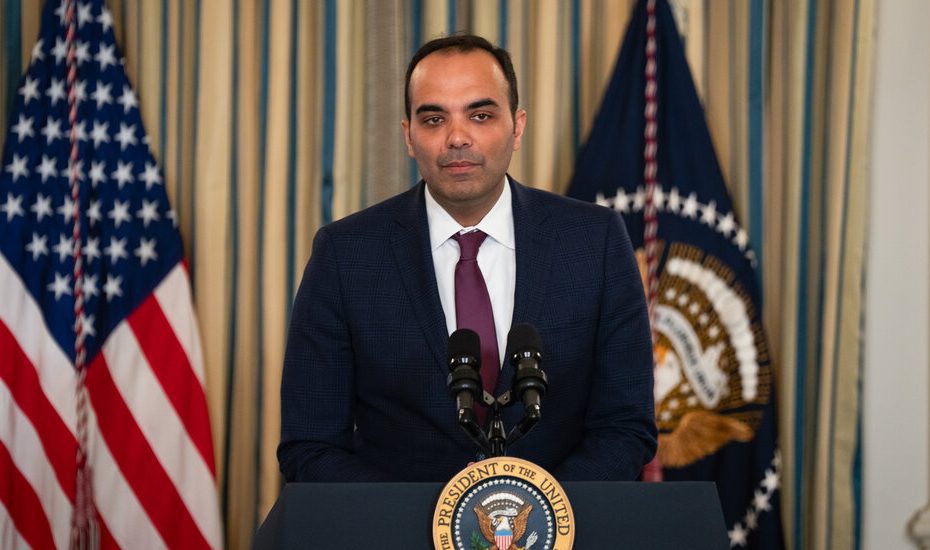The director of the Consumer Financial Protection Bureau, Rohit Chopra, was fired on Saturday and ended prematurely a period of five years that would be planned until the end of 2026.
“With so much power concentrated in the hands of a few, his agencies such as the CFPB have never been so critical,” Mr. Chopra wrote in a letter he placed on social media in which he announced his departure.
Mr. Chopra expected to be dismissed immediately after President Trump took office, but he was unlikely for almost two weeks, even when the president drove dozens of other leaders from the office. He used that time to impose a fine of $ 2 million on a money transmitter and reports of reports on automatic credit costs, specialty stores reporting companies and rental payment data.
When Congress founded the Consumer Bureau in 2011 – to increase the supervision of mortgage loans and other financial products in the aftermath of the large recession – it included crash barriers to protect the independence of the agency and to protect against the shifting of political tides. But the Supreme Court ruled in 2020 that the president was free to dismiss the director of the agency for no reason, which released the way for the leadership of the agency to change with any presidential administration.
Mr. Chopra was a scourge from Wall Street, known for his aggressive approach to maintain the laws of consumer protection and to increase their limits by issuing new rules. He led a harsh action that led most large banks to reduce or considerably lower the red position, and he ordered Wells Fargo to pay $ 2 billion in 2022 to customers who were damaged by the crimes, including incorrectly taking up The cars and houses of some borrowers.
Mr. Chopra was primarily aimed at sharpening the rules for the consumer payment services of large technology companies and the use of customer data, an effort that praised bank trading groups. But those groups fiercely oppose many of his other actions and often tied them in years of lawsuits.
As part of a BIDEN administration against 'junction rates', Mr. Chopra spent a rule last year to limit most credit card allowance costs to no more than $ 8 per month. Bank trading groups complained and won an order that temporarily blocked it. The Consumer Bureau fought against the court case, but a new director can choose to end that opposition and to limit or leave the rule.
During President Trump's first term, he installed an acting agency director – Mick Mulvaney, who later served as his acting staff chef – who wanted to cut off the financing of the agency and reduce enforcement efforts. He was succeeded by Kathleen Kraninger, who issued rules that exhaust rules from the Obama era, including one that would have sharply restricted the payment daily loans. Former President Joseph R. Biden Jr. Ms Kraninger immediately took off when he took office.
The desk is run by Zixta Martinez, his deputy director, until Mr Trump chooses a new acting leader. Financial industry officials expect the agency to return its supervision, will issue fewer new regulations and some of those imposed by Mr. Chopra will freeze or withdraw.
He used his departure letter, addressed to Mr Trump, to pitch the agency as a potential partner in carrying out consumer protection that the president spoke about approval. On the Presidential Campaign Trail, Mr. Trump said that he would temporarily limit the interest rates of the credit card to 10 percent.
“We have also analyzed your promising proposal about covering the credit card push rates, and we see a path for performing meaningful reforms,” Mr. Chopra wrote.

